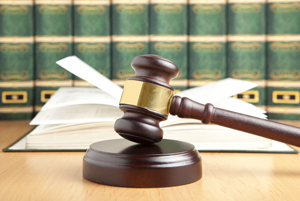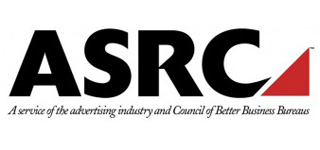
Viral Marketing
The marketing angle behind viral videos.
Political speech is considered the most protected form of expression.
 Anyone who’s lived through a presidential election has witnessed the mudslinging that is far too common in politics. But how do politicians get away with shameless fibbing? They’re not held to the same standards as all of us are.
Anyone who’s lived through a presidential election has witnessed the mudslinging that is far too common in politics. But how do politicians get away with shameless fibbing? They’re not held to the same standards as all of us are.
Political speech is considered the most protected form of expression. The U.S. Supreme Court has taken the position that political officials cannot successfully sue for lies relating to their official conduct unless they prove that the statements were made with “actual malice” – that is, knowledge that the statements were false or with reckless disregard of whether or not they were false. (New York Times Co. v. Sullivan, 376 U.S. 254 (1964)).
But why are politicians given more leeway than the rest of us? Well, as the Court has stated, there is a “profound national commitment to the principle that debate on public issues should be uninhibited, robust, and wide-open, and that it may well include vehement, caustic, and sometimes unpleasantly sharp attacks on government and public officials.”
Translation: Want to run for mayor? Then don’t come crying when your opponent airs your dirty laundry (and then some).
The marketing angle behind viral videos.
The Advertising Self-Regulatory Council (ASRC) (formerly known as the National Advertising Review Council) is a self-regulatory agency that was formed in 1971 by the American Advertising Federation, the American Association…
The Interactive Advertising Bureau (IAB) is an organization of online advertising businesses. Since its inception in 1996, the IAB has developed guidelines, standards, and best practices for the online advertising…

